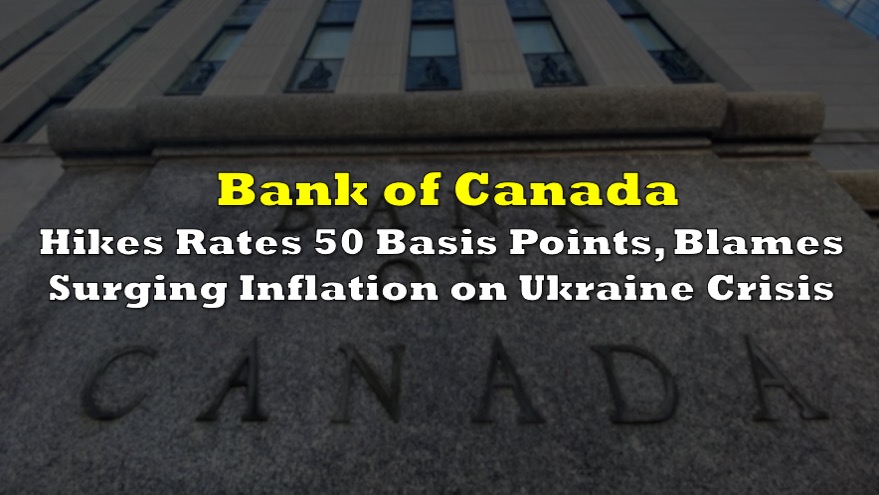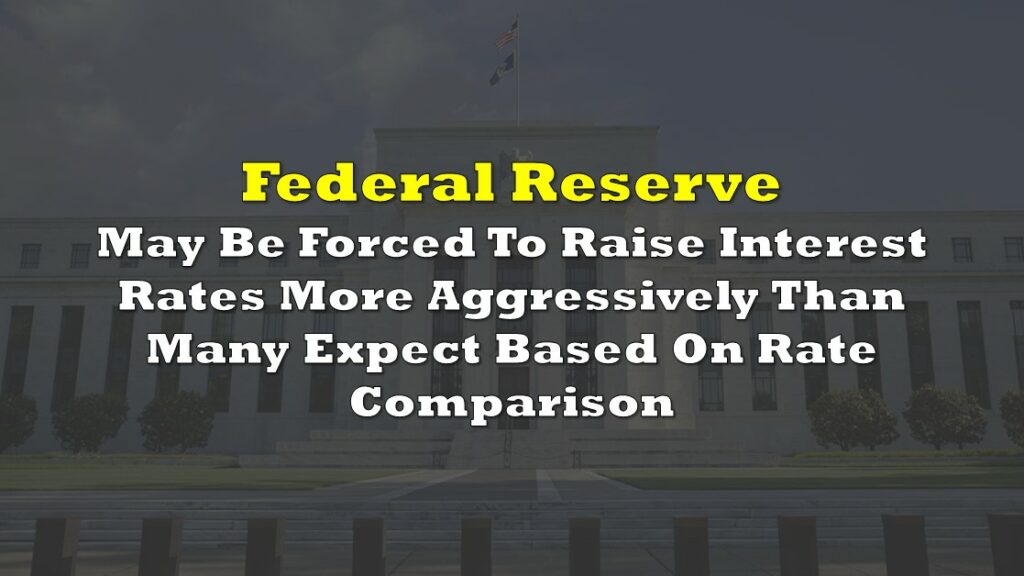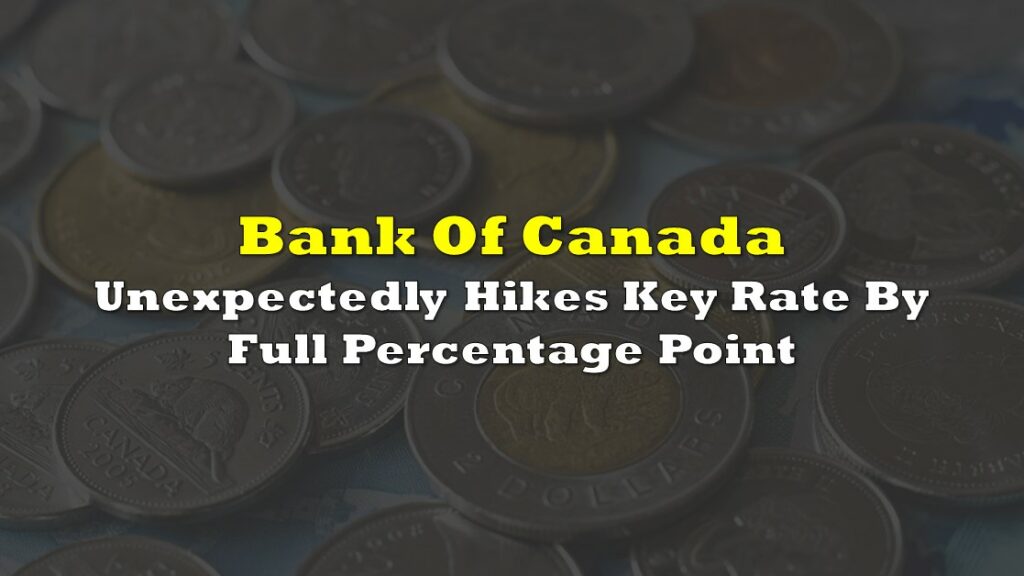The Canadian residential property market witnessed a surge of activity in Q2 2023, driven by move-up buyers, according to a report by RE/MAX Canada.
The report, which investigated nine of Canada’s largest housing markets, attributed this activity to a pause in the Bank of Canada’s rate hikes. The surge was most significant in mid- to upper-price ranges, where tight inventories pushed up property values.
Between January and June 2023, double-digit price increases were recorded in Regina, Greater Toronto, Hamilton, Winnipeg, and Montreal, prompted by the influx of buyers and the limited supply. Notably, the remaining four markets— Greater Vancouver, Calgary, Ottawa, and Halifax— saw single-digit price upswings due to sellers retaining properties that did not reach peak prices in the previous year.

The report indicated that the lull in the property market in January 2023, characterized by low sales and prices, ended abruptly when the BoC announced a pause in interest rate hikes. The decision led to a surge in buyers and rekindled the issue of low inventory in most major markets. Despite this boost, the upward momentum slowed when the BoC raised the overnight rate in June and July, except in a few markets, such as Calgary, Regina, and Montreal.
Move-up buyers’ urgency to enter the market before further rate hikes, coupled with equity gains, drove the market’s performance in the second quarter. Despite the volatility in real estate value caused by the pandemic, most Canadians were encouraged by the equity gains to upgrade to larger homes or more preferred neighborhoods. This trend was particularly strong in central and eastern Canada.

The primary driver of demand in the first half of 2023 was necessity, with factors such as a growing family, the need for more space due to the rise in remote work, or the desire for better school districts influencing purchasing decisions. These factors applied regardless of the nature of the move, whether downsizing, trading up, or making lateral moves, in both urban and suburban areas.
As the BoC’s key rate reached five per cent following July’s 25 basis-point rate hike, the residential property market is predicted to stagnate in the summer months across Canada’s largest real estate markets. But, housing demand is expected to rise again once it’s evident that the BoC is done with quantitative tightening and rates start to decrease. This is predicted to refocus attention on supply and generate renewed resurgence in price growth.
The shortage of housing supply will continue to impact Canadian real estate and affordability significantly, the report stated. In the short term, the BoC’s actions may reduce housing demand, particularly at lower price points, leading to pent-up demand and contraction in new home construction. Once the BoC relaxes quantitative measures, the housing supply is expected to fall short amid record population growth, further exacerbating the issue of supply in the face of strong demand.
“One simply cannot understate the serious repercussions the housing shortage will continue to have on Canadian real estate and affordability,” said RE/MAX Canada president Christopher Alexander. “In the short term, while the BoC’s movements may clamp down on housing demand, especially at lower price points, we expect they will have unintended consequences, serving as a temporary dam causing pent-up demand to build and new home construction to contract. When the BoC decides to finally relax quantitative measures and the dam bursts, housing supply will fall even shorter amid record population growth.”
In Greater Vancouver, the real estate market kicked off 2023 robustly. Despite a 23% drop in property sales compared to the same period in 2022, benchmark property values climbed eight percent to $1,203,000 in June. Suburban areas witnessed heightened demand, especially detached homes in the $1.2 million to $1.5 million range. Move-up buyers capitalized on equity gains from the past five years, often expanding their search to more affordable peripheral regions.
Meanwhile, Calgary’s market experienced a competitive first half of 2023, due to inventory shortages across all price ranges housing types. Despite the reduction in housing sales, the average property price increased to $539,668, surpassing 2022 levels. Affordable housing and job opportunities stimulated in-migration, and move-up activity flourished, particularly for homes in the $500,000 to $700,000 range. The latest rate hike from the BoC triggered a rush of buyers fearing potential price increases.
The Greater Toronto Area’s home-buying activity surged with the arrival of the spring market, as a 14% rise in the average home price across the GTA encouraged move-up buyers to explore their options. The suburbs witnessed heightened activity, though inventory remained a hurdle. A surge in demand for $1 million to $1.5 million detached homes was notable, though the market’s vigor was somewhat dulled by the BoC’s 0.25% overnight rate increase in June.
Information for this story was found via RE/MAX. The author has no securities or affiliations related to the organizations discussed. Not a recommendation to buy or sell. Always do additional research and consult a professional before purchasing a security. The author holds no licenses.









